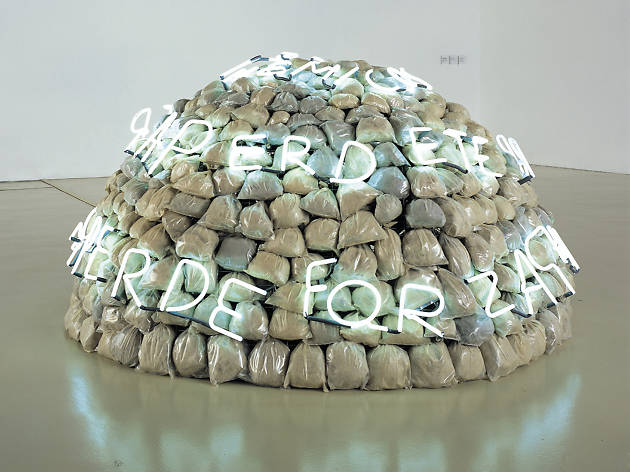“Any word you have to hunt for in a thesaurus is the wrong word. There are no exceptions to this rule.” ―Stephen King
Neatly coinciding with National Grammar Day (March 4), National Words Matter Week (March 1-7) is devoted to the eradication of verbal and written slouching. It seems a tall order for a single week given today’s deluge of grammatically challenged tweet storms. Nonetheless, The National Association of Independent Writers and Editors are here to remind us that our mastery of communication (or its paucity) matters. In the words of NAIWE Director April Michelle Davis, “In every aspect of life, personal or professional, words form the basis of relationships with others. The written word preserves and transmits knowledge, evokes alternate worlds and provides endless food for thought.”
Her statement is an inspiring literary call to arms! We are not only double-checking our grammar and punctuation on everything this week, we’ll be scrutinizing incoming email! You have been warned.
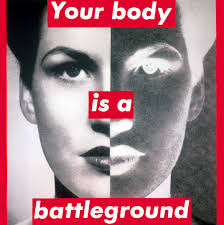
Barbara Kruger
It is in the spirit of pithy, on-point messaging that we suggest scoping out a rare catalog from the master of conceptual art and wordsmithing, Barbara Kruger. Kruger, who continues her battle against the Supreme clothing company for appropriating her signature use of the Futura font on bold red blocks, has been plastering buildings and museum interiors for decades with provocative captions that confront the viewer with positions on power and control. A well-known example is “Your Body is A Battleground”; her newest work installed outside NeueHouse for Frieze reads, Who Buys The Con?
A catalog from her 2013 major solo show in Austria’s Kunsthaus Bregenz titled Belief & Doubt, includes her iconic photo-collages from the ’80s, but more importantly offers lesser-known work in other media and installations, some of which were created specifically for the museum’s architecture. It also includes a dialogue with Kruger and the curator. This particular example of Kruger’s work shows the power of and importance of purposeful language.
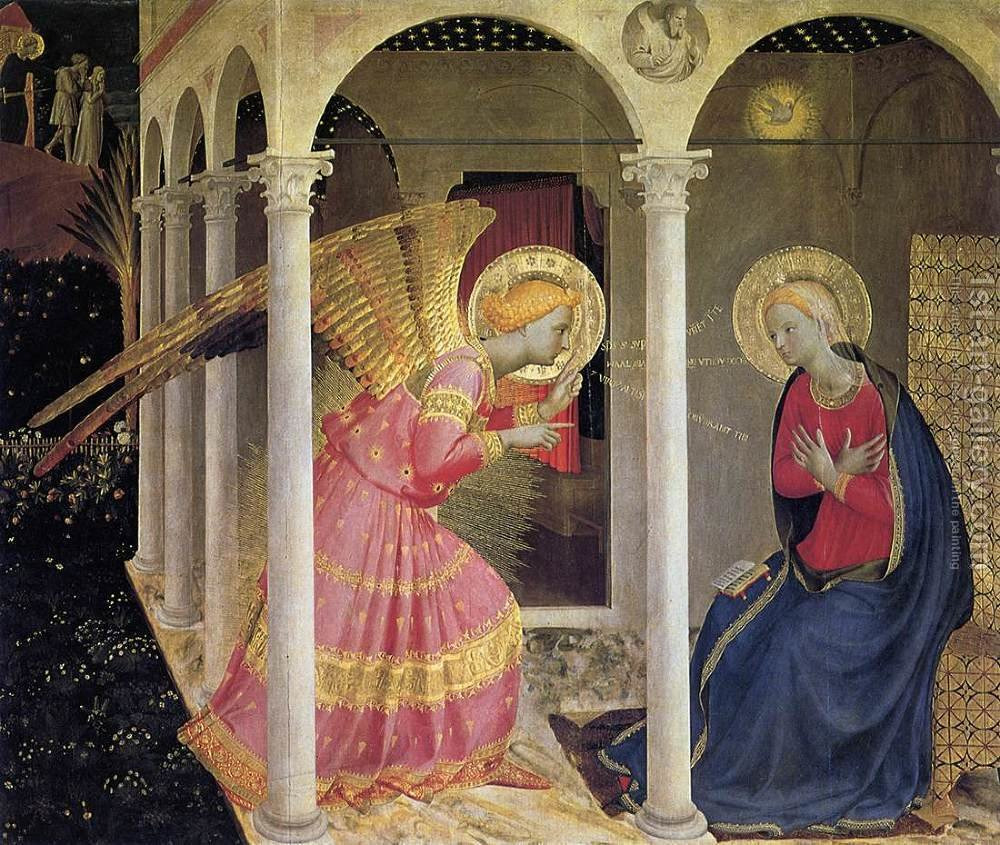
Giotto
Words in art of course have been a part of the western canon for millennia. Consider the gilded words emanating from a proto-Renaissance angel Gabriel in Giotto’s Annunciation, Magritte’s declaration, “Ceci n’est pas une pipe,” and Warhol and Pop Art’s genuflection at the altar of advertising’s lexicon.
You would think we’d suggest a recent book about that word play darling, Ed Ruscha — drawn as we are to California artists. But recently we came upon this gem from the Italian Arte Povera people who started etching words in neon. I’m thinking of course of Mario Merz, best known for his work with neon words arranged on found objects, often resembling an igloo sort of structure, and for incorporating the theories of another proto-Renaissance Man, the mathematician Fibonacci.
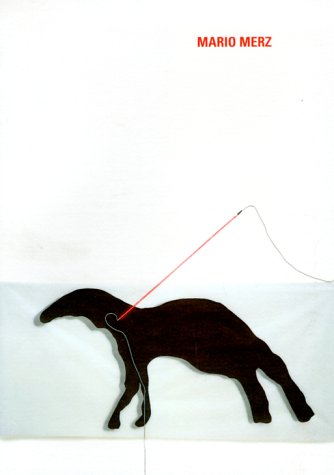
Courtesy of Hopeful Monster
There is an out-of-print Merz Monograph from 2003 whose price will blow away all but the very serious collector, but there is also a more widely circulated title now in paperback titled simply Mario Merz, from Hopeful Monster. Published in conjunction with the 2003 exhibition Mario Merz: Historical Works, the book catalogs not only the installations at the Fundacion Proa in Buenos Aires but also includes Merz’s own critical writing.
We recommend books on his work this week all the more so because he was active in the Italian anti-fascist resistance group Giustizia e Libertà (Justice and Liberty) and in 1945 he was jailed for his participation. This political struggle informed his art thereafter. The seminal work of both Kruger and Merz is worth revisiting at this time in our own history as we resist the authoritarian impulses of world leaders, especially propaganda, disinformation and outright lies. Words matter indeed.
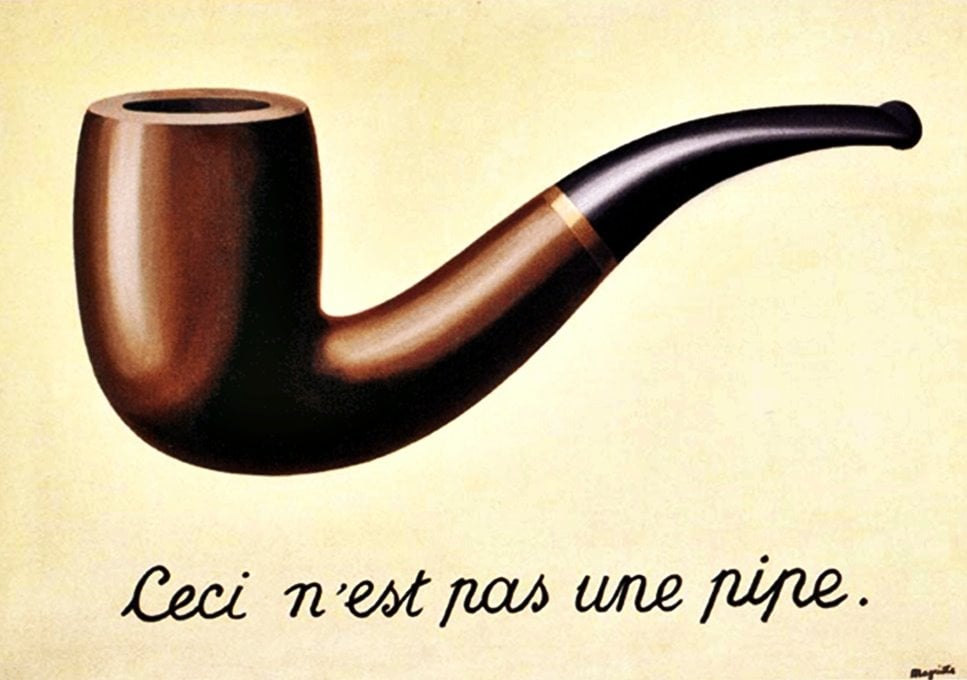
Rene Magritte
Shop your local bookstores:
Advertising disclosure: We may receive compensation for some of the links in our stories. Thank you for supporting LA Weekly and our advertisers.

